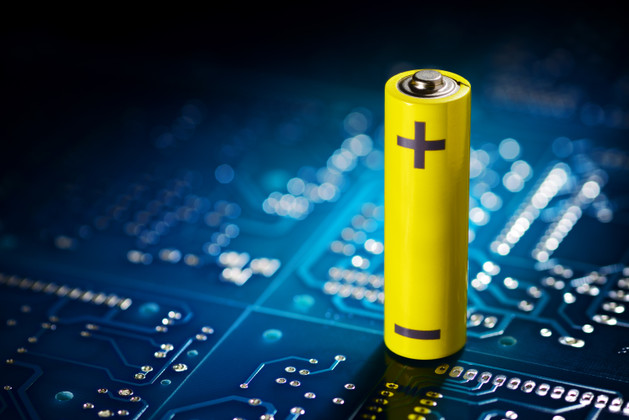The Advantages of Japanese Cells
Mar 28th 2023
At Artisan Power, we take great pride in the quality and reliability of our battery solutions for mobile devices. One of the key factors that sets our products apart is our use of Japanese cells, which are widely recognized as some of the best and most advanced lithium-ion batteries in the world.
We choose Japanese cells for our batteries because of their superior performance, long cycle life, and advanced safety features. These cells are produced using advanced manufacturing processes that have been developed and refined over many years in Japan, resulting in a product that is of the highest quality and consistency.
Energy Density: One of the key advantages of using Japanese cells in our batteries is their high energy density, which allows them to store more energy in a smaller and lighter package than other types of batteries. This is particularly important for mobile computing devices, where space and weight are at a premium. For example, a typical Japanese lithium-ion battery for a smartphone may have an energy density of around 600 Wh/L, while a comparable battery from a non-Japanese manufacturer may only have an energy density of around 400 Wh/L.
Cycle Life: In addition to their high energy density, Japanese cells are known for their long cycle life, which means they can be charged and discharged many times before their performance begins to degrade. This is due to the use of high-quality materials and advanced manufacturing processes that ensure each cell is of the highest quality and consistency. For example, a typical lithium-ion battery may have a cycle life of 300 to 500 charge-discharge cycles. Japanese battery is likely at the high range while a comparable battery from a non-Japanese manufacturer may only have a cycle life around the above long range.
Safety Features: Japanese lithium-ion batteries are equipped with advanced safety features that help to prevent potential hazards such as overcharging and short-circuiting. For example, a typical Japanese lithium-ion battery may include a protection circuit that prevents overcharging by cutting off the charging current when the battery is fully charged, while a comparable battery from a non-Japanese manufacturer may not have such a protection circuit.
Manufacturing Quality: Japanese lithium-ion batteries are produced using advanced manufacturing processes that have been developed and refined over many years, resulting in a product that is of the highest quality and consistency. For example, a typical Japanese lithium-ion battery may undergo rigorous quality control testing, such as X-ray inspection and performance testing, to ensure that each cell is of the highest quality and consistency. Japanese cells have a low failure rate of only 1 in 5 million cells produced, making them a very safe and reliable choice for battery pack solutions.
By using Japanese cells, our battery packs are an excellent choice for anyone looking for a reliable, long-lasting, and safe battery solution in your demanding business using environments.


